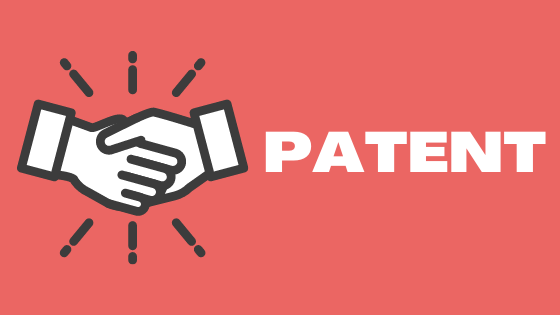A patent agent or attorney can help at almost any stage of the invention process, even before any inventing actually takes place. For example, patent agencies, such as InventHelp can help inventors and companies to create processes for documenting inventions and inventive efforts. They can also help to create organizational policies relating to inventions and patents. Patent attorneys may also offer advice on other matters, like dealing with patent and other intellectual property rights in employment contracts.
That said, most inventors and companies seek out the advice of a patent agent or attorney only after they have an invention that they believe to be ready for patenting. When is an invention ready for patenting? Let me start by answering a simpler question: what is the difference between an idea and an invention?
An idea is an inchoate invention, the first step of the inventive process: wouldn’t a flying car be great? Wouldn’t it be great if sneaker soles didn’t wear so quickly? Wouldn’t it be great if we had lightbulbs that used less energy? An invention, on the other hand, is the fully conceived solution to a problem: a car anti-gravity unit, a high-endurance rubber for sneaker soles, or a new LED lightbulb. If you can describe the solution to a problem, and that solution would actually work if you were to build it, then you have an invention.

That is actually the legal standard: an invention is ready for patenting if you can describe it in such complete detail that one of “ordinary skill in the art” could build it from the description that you provide, and it will work once built. Importantly, the law does not require an inventor to build a prototype. However, I recommend building a prototype whenever practicable, because that process can often lead to greater understanding, more innovation, and more success.
In many cases, an inventor may have one fully conceived variation of an invention ready for patenting, but may not be satisfied that all the details are perfect or suitable for commercial release. In that case, the patent law provides certain solutions, like provisional applications, which give the inventor a way of establishing a formal filing date, but are not examined for patentability and stay pending for one year, giving the inventor that year to perfect the invention before filing a regular patent application that is examined.
Since the U.S. and much of the world award a patent to the first inventor to file a patent application for the invention, it is important to file as complete a patent application as possible as early as possible. However, that must be balanced against the danger of undue haste: if a patent application describes an invention that won’t work, or was prepared so early that it does not describe a critical commercial version of the invention, it may be of little use. A patent agency like InventHelp or attorney can help to balance these considerations and decide when it’s time to file a patent application.